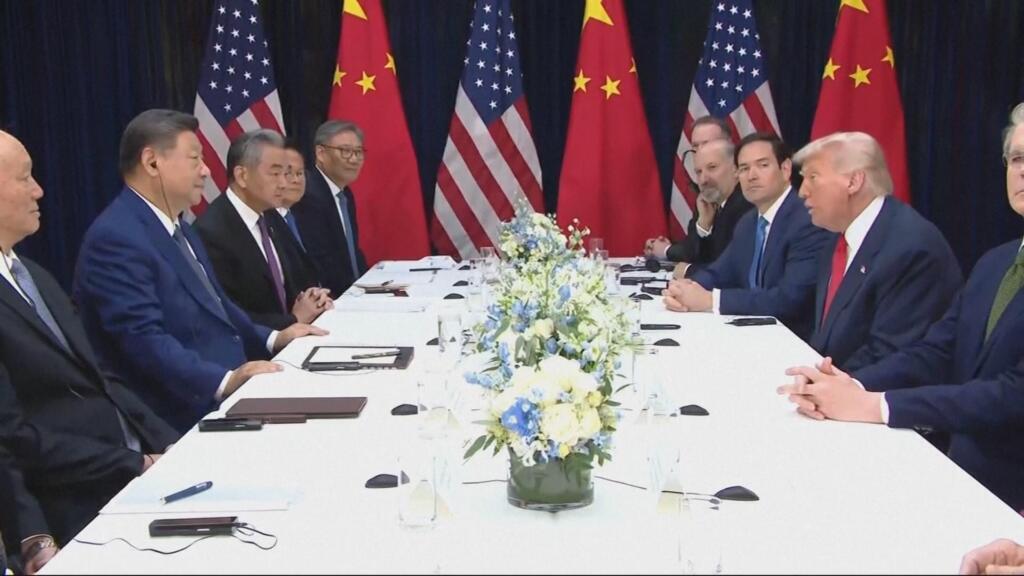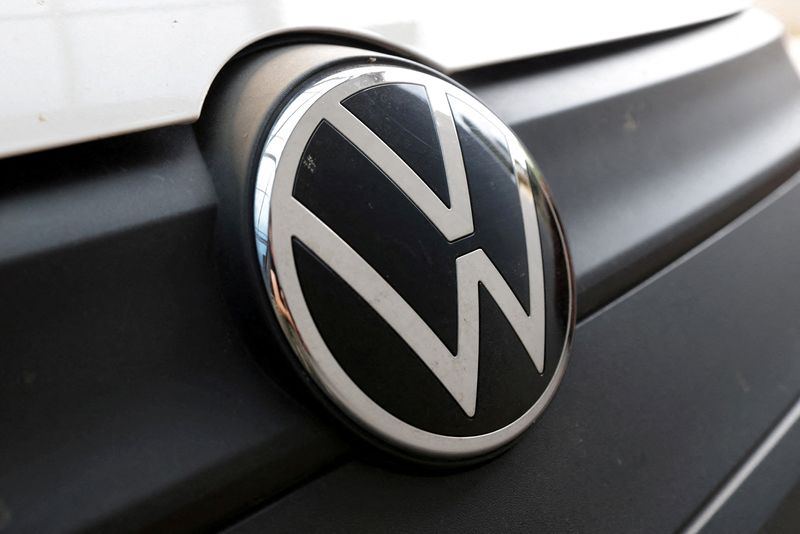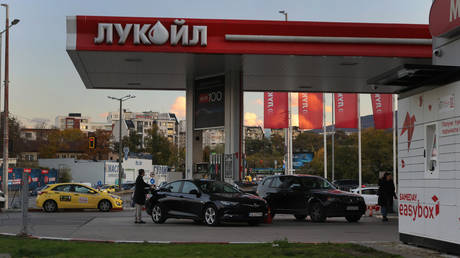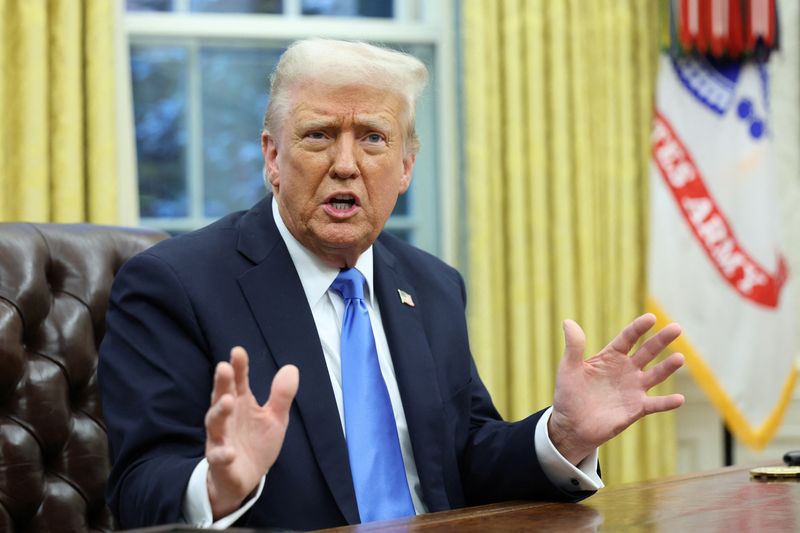RBNZ policymaker says US tariffs are a negative demand shock for New Zealand's economy
NegativeFinancial Markets
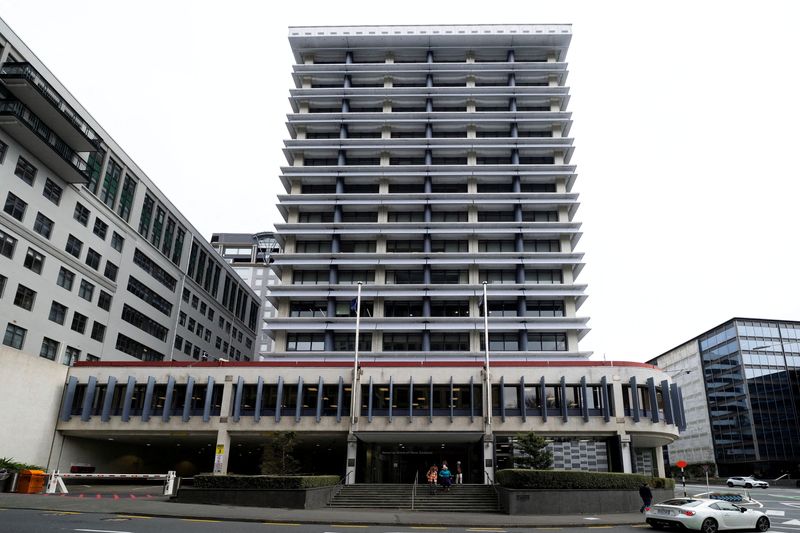
A policymaker from the Reserve Bank of New Zealand (RBNZ) has expressed concerns that US tariffs are creating a negative demand shock for New Zealand's economy. This situation is significant as it highlights the interconnectedness of global trade and how decisions made in one country can have ripple effects on others. The RBNZ's insights suggest that New Zealand may face economic challenges due to external pressures, which could impact growth and stability.
— Curated by the World Pulse Now AI Editorial System



